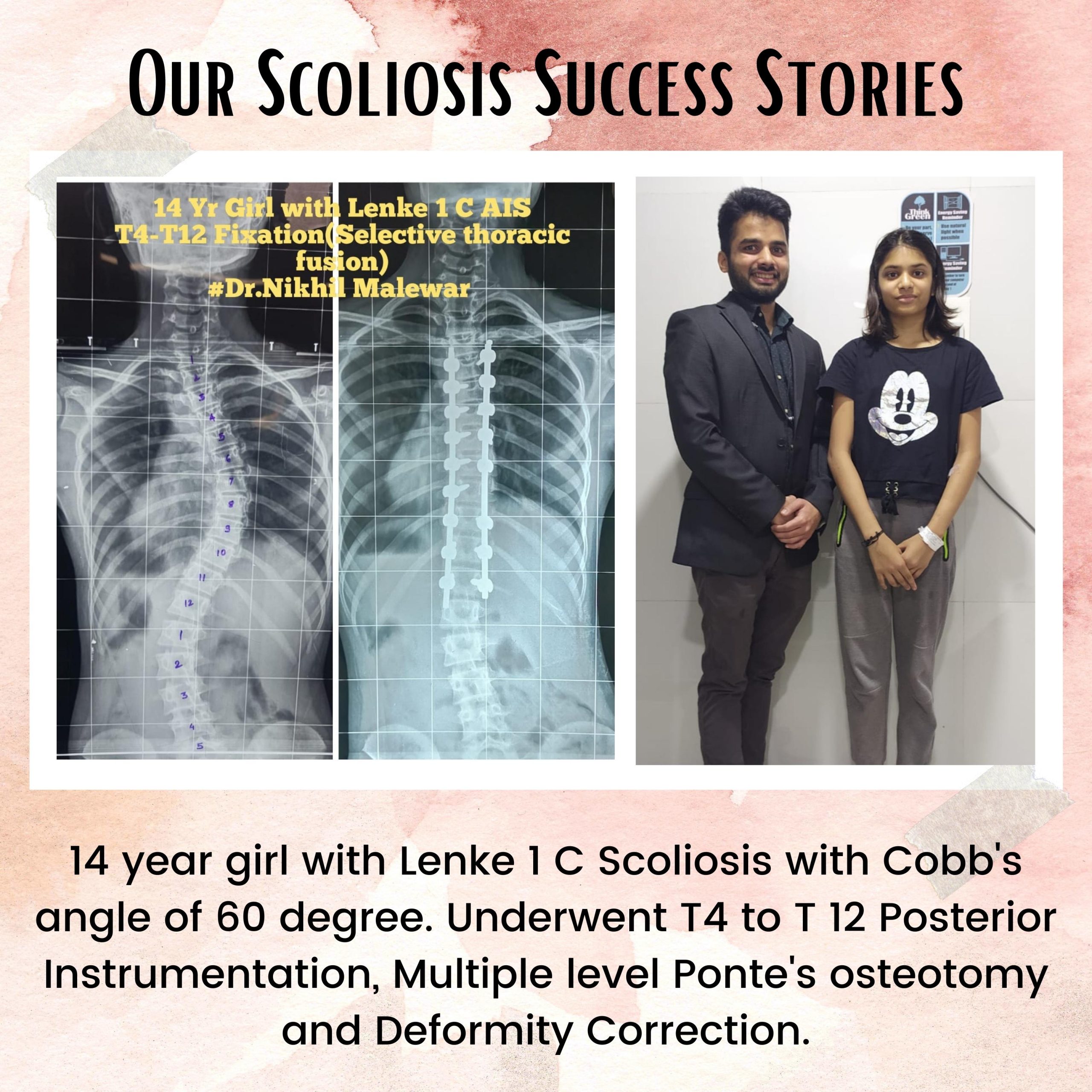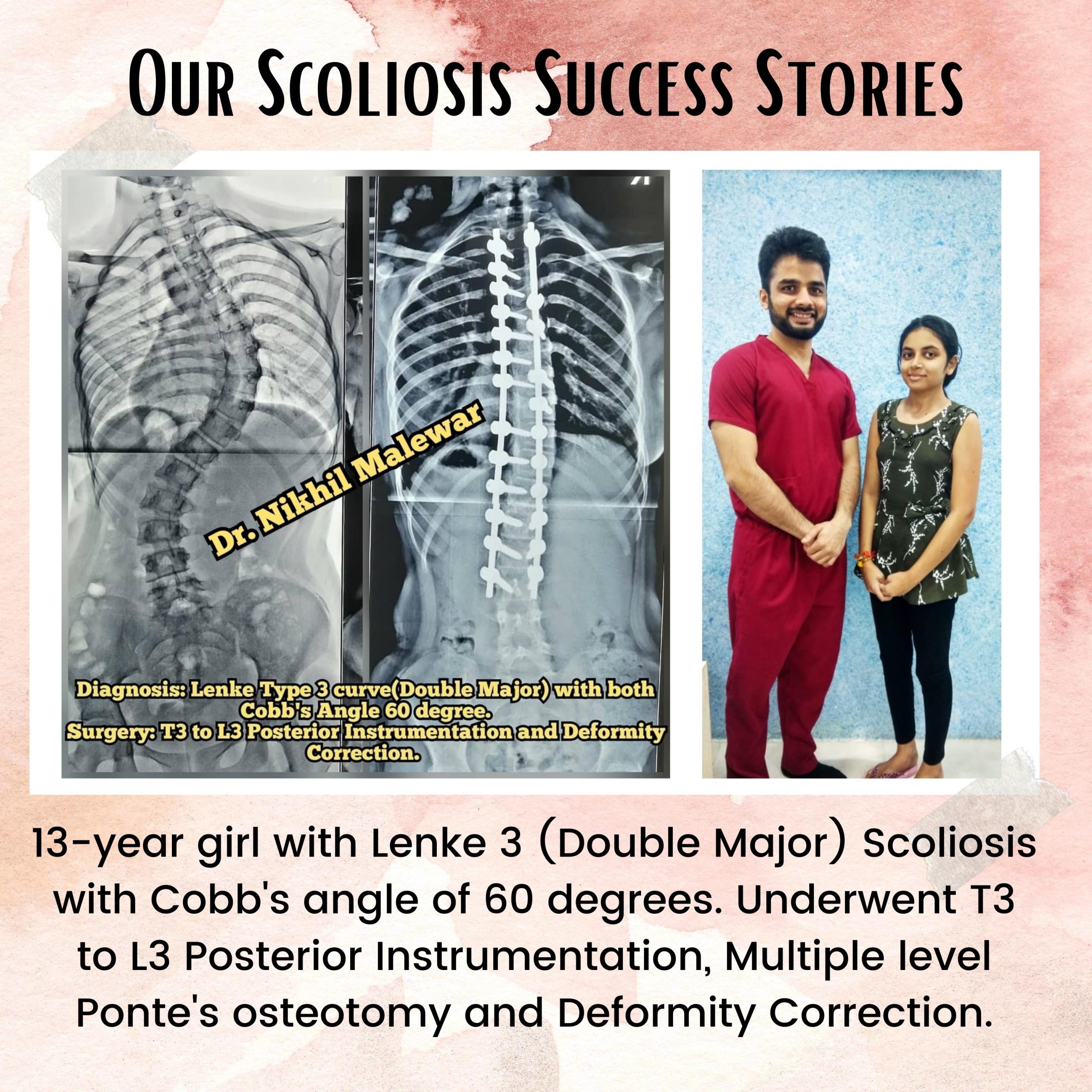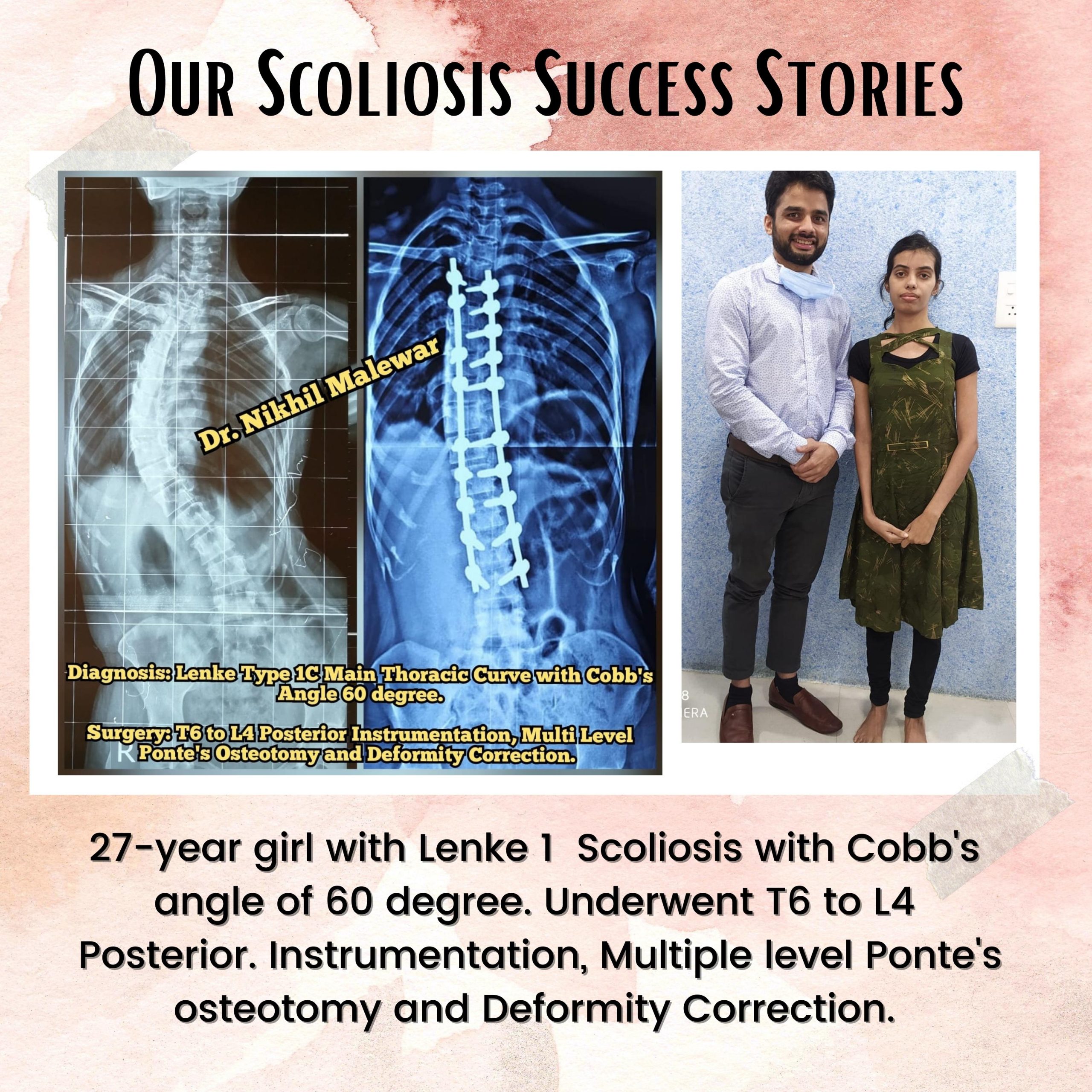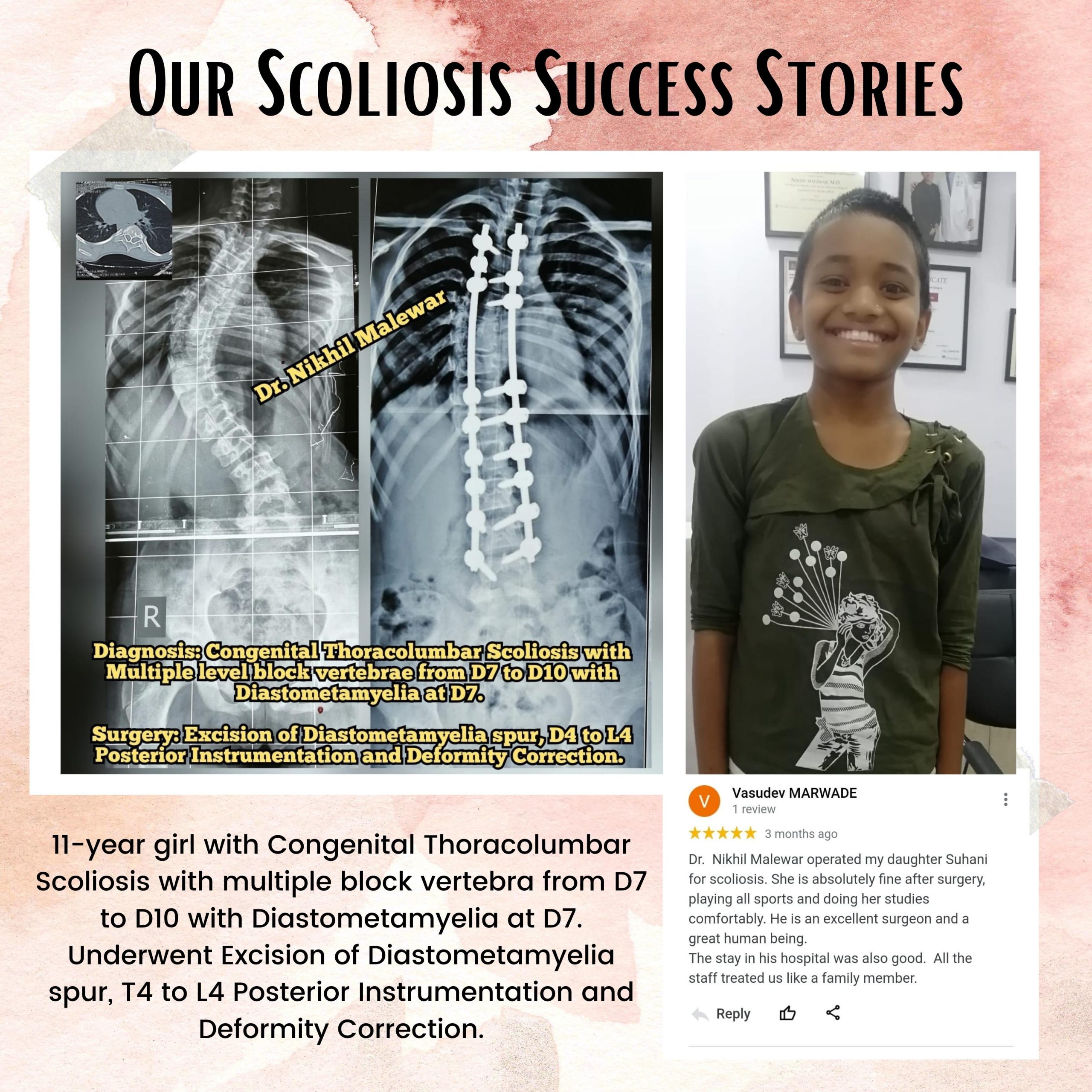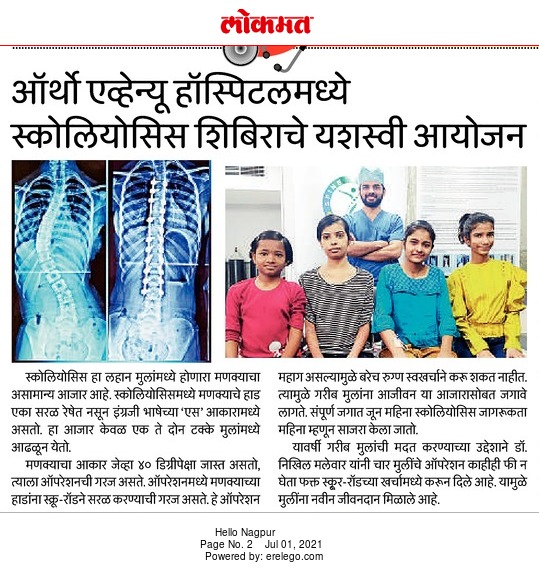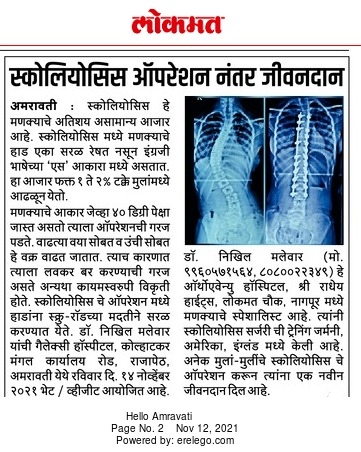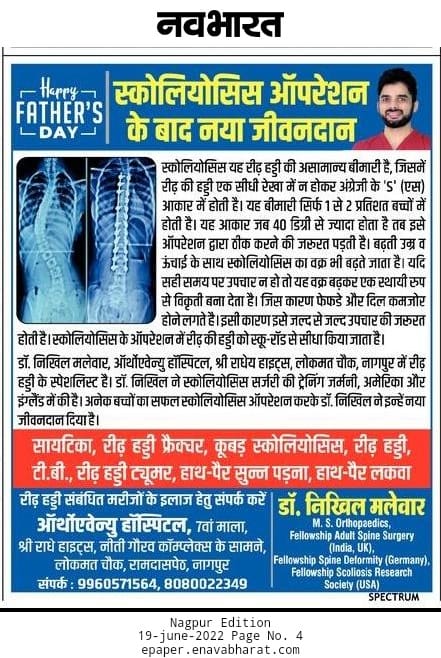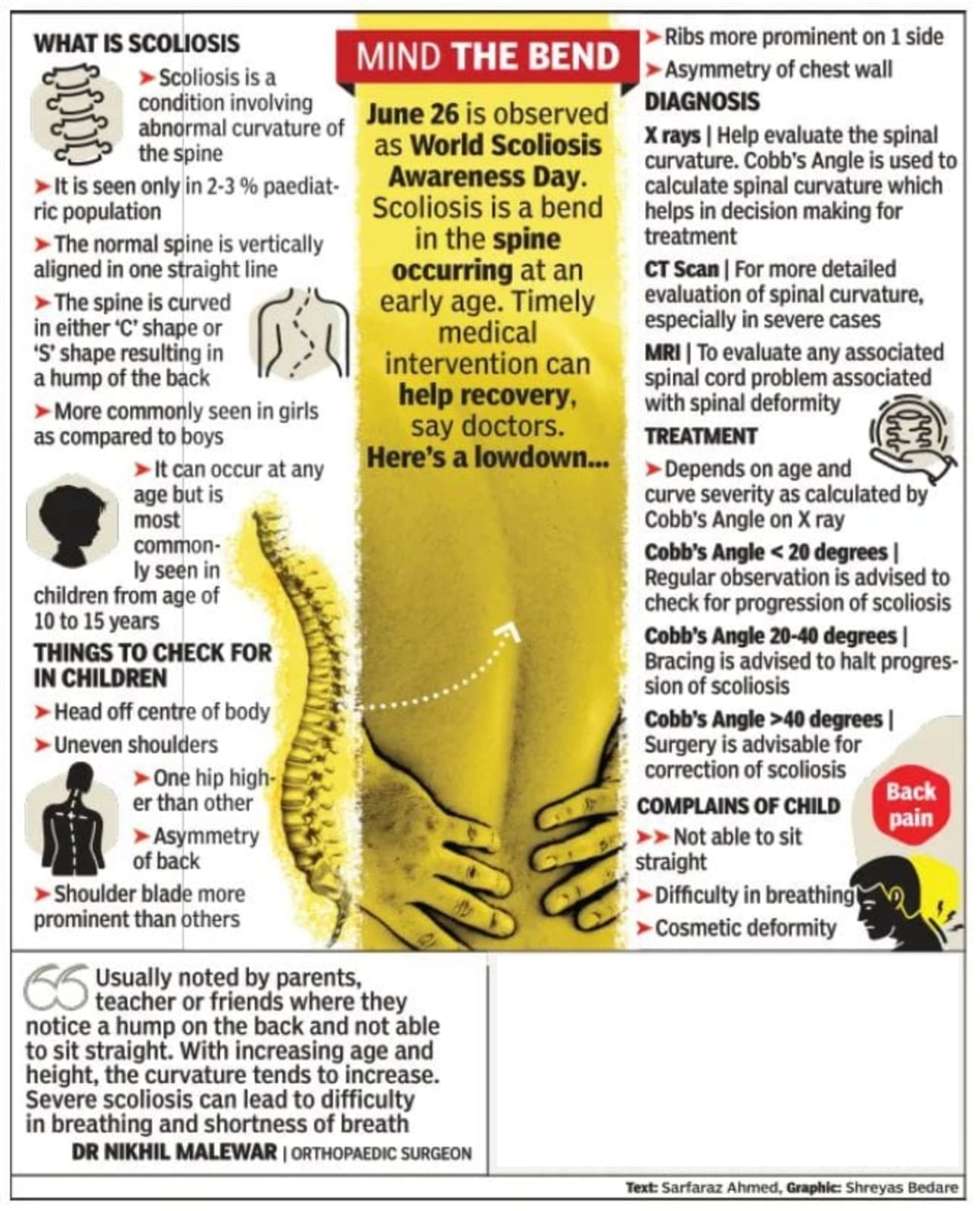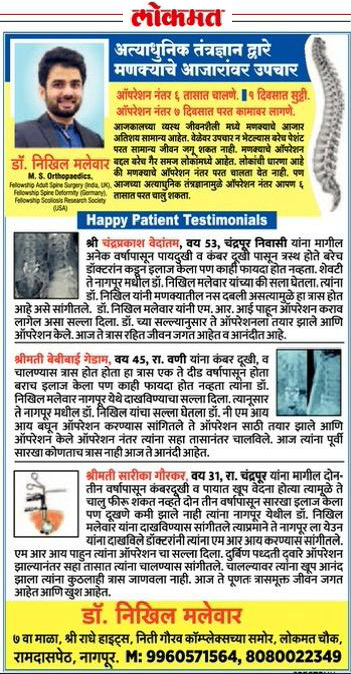What is a Cervical Slip Disc ?
Cervical Slip Disc In Nagpur ! A herniate disc happens when the inner gel of your spinal disc bursts a tear in the tough outer wall. This gel substance can irritate your spinal nerves, creating a sensation akin to chemical irritation. The pain arises from inflammation and swelling of the spinal nerves due to the pressure from the herniate disc. As time passes, the herniation typically diminishes, leading to partial or complete pain alleviation. Generally, if neck and/or arm pain is going to improve, it usually does so within approximately six weeks.
What are the symptoms?
The symptoms of a herniated disc can vary widely depending on where the herniation occurs and your pain response.Cervical Slip Disc In Nagpur! If you have a herniated disc in your neck (cervical disc), you might experience pain that travels down your arm .
You might also feel pain near or on your shoulder blade, along with neck discomfort when you turn your head or tilt your neck. Muscle spasms, where muscles tighten involuntarily, can also occur. Numbness and tingling sensations in your arm, along with weakness in muscles such as the biceps, triceps, and handgrip.
You may have initially notice the pain upon waking up, without any specific injury. Some patients find relief by elevating their arm behind their head, as this position can alleviate pressure on the affected nerve.
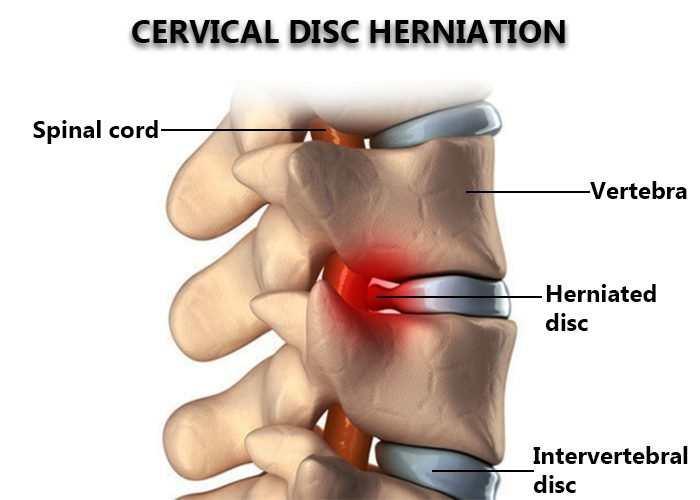
How is cervical disc herniation treated?
In most instances, non-surgical approaches are the initial treatment for cervical herniate discs. These may include rest or adjustments to daily activities, medications to alleviate pain and inflammation, and specific exercises as prescribe by your doctor. Your doctor might suggest consulting with a physical therapist to learn exercises and techniques to safeguard your neck, and traction therapy may also be recommende. Traction involves gentle, consistent pulling on the head to stretch the neck and allow the small joints between the neck bones to slightly separate.
If symptoms persist, your doctor may consider stronger medications such as corticosteroids. Typically, symptoms tend to improve gradually. However, if the herniate disc is exerting pressure on your spinal cord or nerves, or if you experience persistent weakness, continuous pain, or loss of control over bladder or bowel functions, surgery may become necessary. In rare instances, an artificial disc may be utilized to replace the removed disc. Book Your Appointment Early!
Our Scoliosis Success Stories

